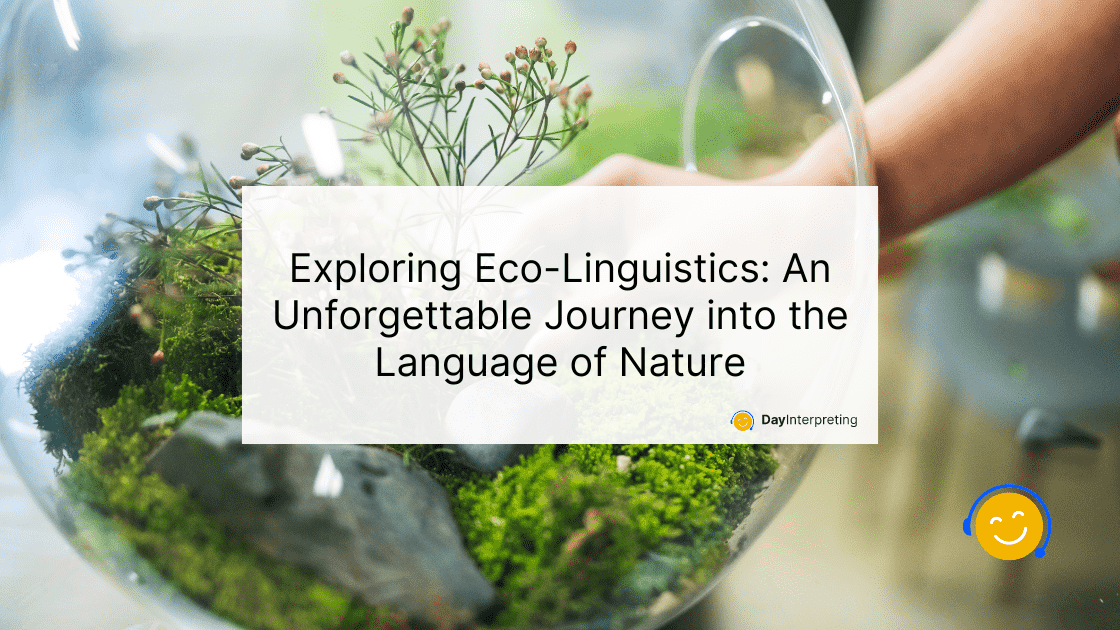Today, we set out on an exciting adventure into the fascinating world of eco-linguistics, a journey where language meets the environment in an extraordinary dance. Get ready to explore how our words, phrases, and expressions connect with the natural world around us in ways you’ve never imagined.
What is Eco-Linguistics?
Imagine a magical realm where words and nature intertwine like vines in a lush forest. Eco-linguistics, the enchanted subject of our exploration, is all about understanding how language shapes our perception of the environment and, in turn, how the environment influences the way we express ourselves.
In simple terms, eco-linguistics bridges language and nature, helping us discover the hidden stories within our words and their profound impact on the planet.
The Language of Nature
Did you know that nature speaks to us in its own way? From the rustle of leaves to the rambles of rivers, the environment communicates through sounds, sights, and even smells. Eco-linguists are like nature’s interpreters, decoding the intricate language of the world around us.
Take a stroll through the woods, and you might hear the whispering of trees. In eco-linguistics, this is known as “biophony,” the symphony of sounds created by living organisms. The chirping of birds, the hum of insects – each note contributes to the grand composition of nature’s language.
Words That Bloom
Just as flowers bloom in a meadow, words, too, can blossom with meaning. Eco-linguistics introduces us to terms like “biomimicry,” where we borrow natural ideas to create innovative solutions. Think about it – Velcro was inspired by the way burrs stick to fur. Nature is a treasure trove of wisdom waiting to be unlocked through language.
The phrase “ecological footprint” might sound like a giant footprint left by Bigfoot, but it refers to our environmental impact. Eco-linguistics helps us understand the weight our actions carry on the delicate balance of nature.
Eco-linguistics isn’t just about fancy words; it’s about weaving stories of sustainability. The tales we tell shape our attitudes toward the environment. Whether through folklore, poetry, or everyday conversation, the stories we share influence how we interact with the world.
Imagine a world where every conversation is a celebration of nature. Eco-linguistics invites us to tell stories that inspire, stories that nurture a love for the Earth and its wonders.
The Eco-Linguistic Quest
As we conclude our journey into eco-linguistics, remember that you are now equipped with a unique lens to see the connection between words and the world around you. Every conversation, every story, and every expression is a brushstroke on the canvas of eco-linguistics!





0 Comments